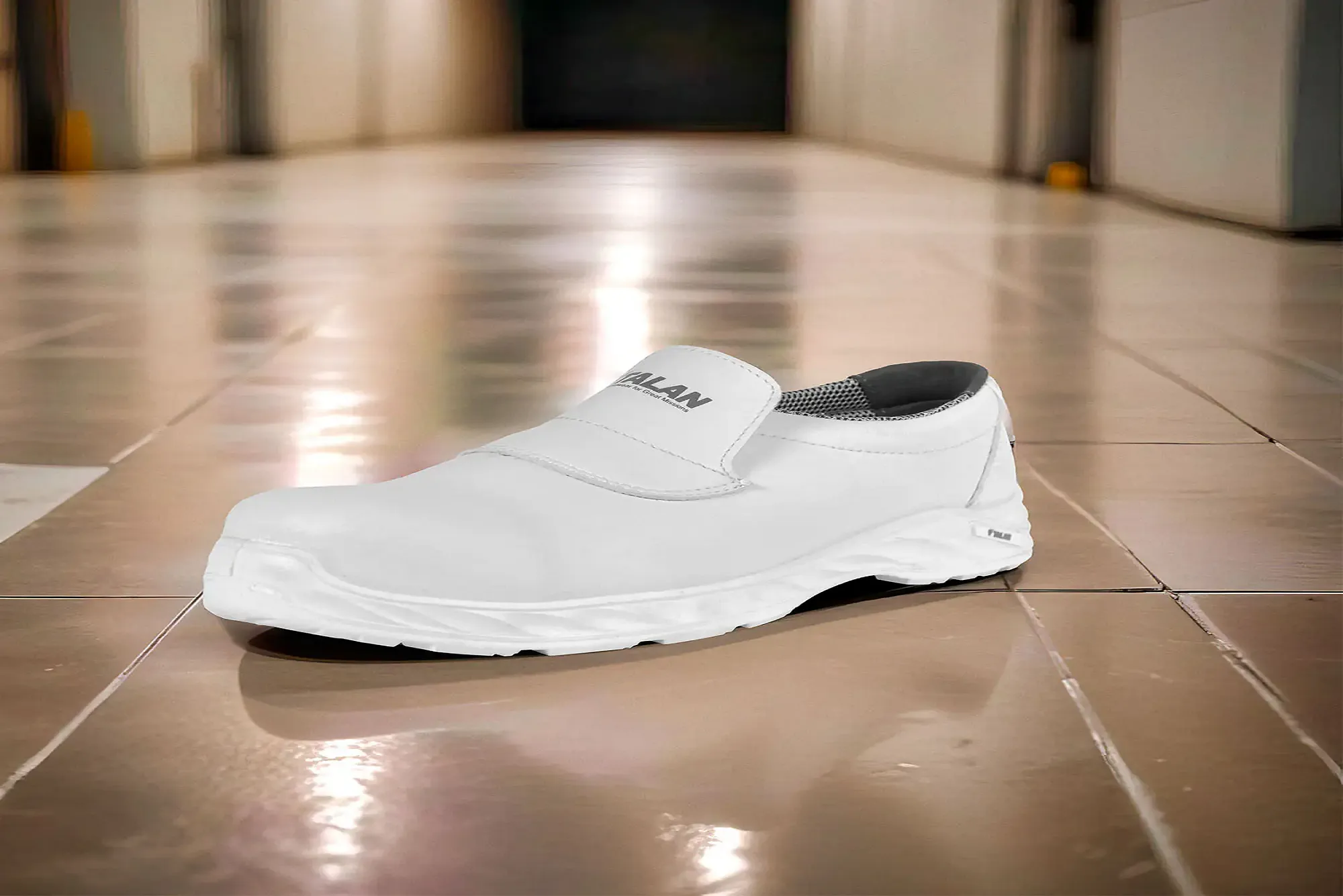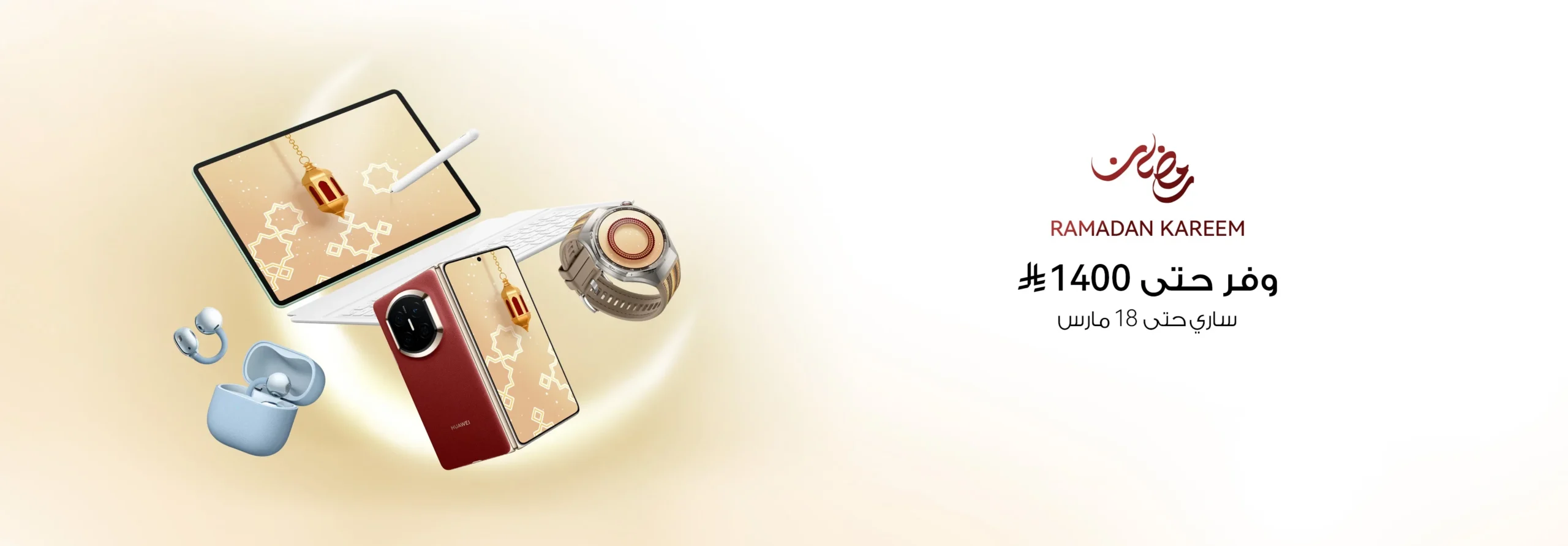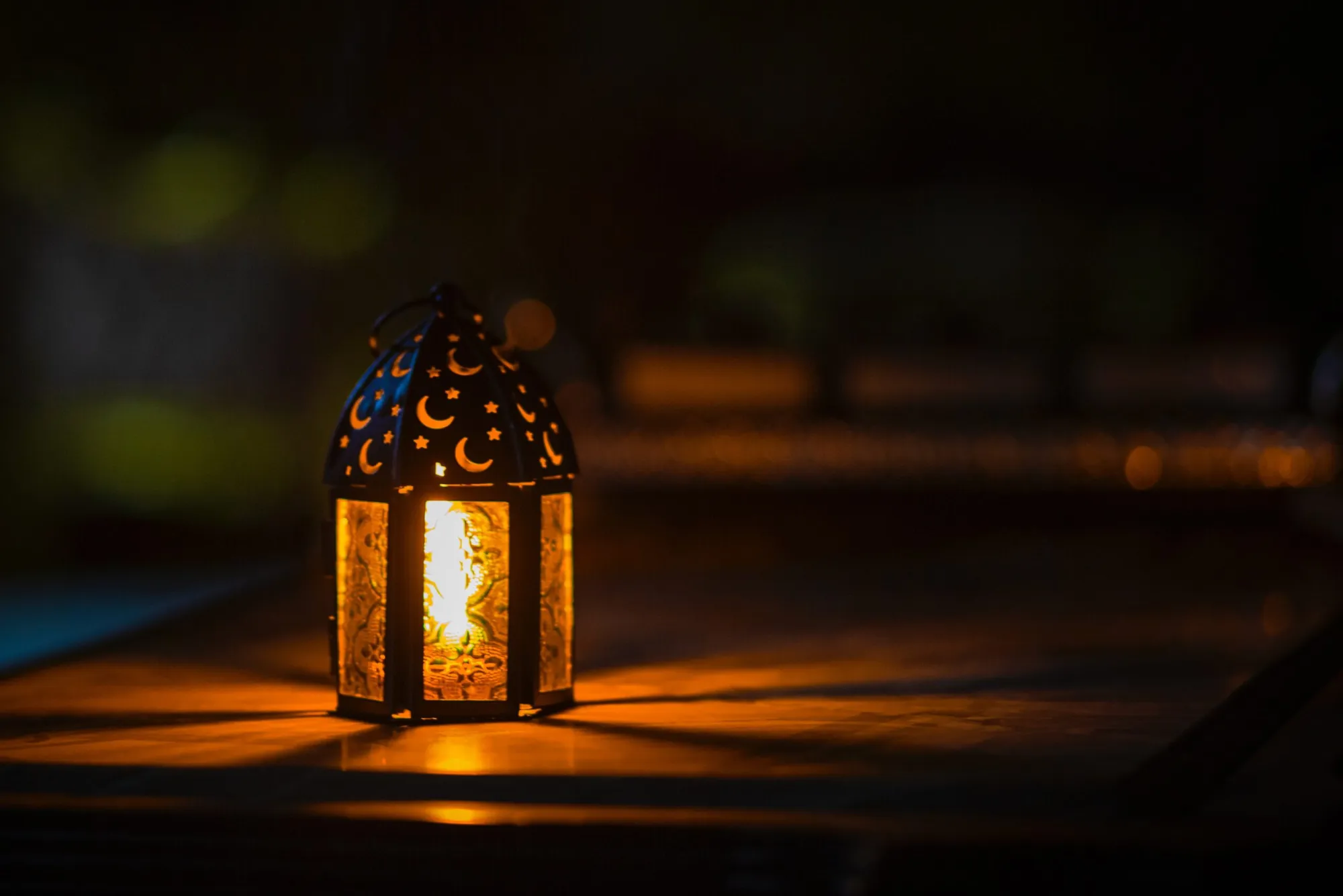Every day, medics in the Emirates face many challenges: they need to be focused, quick and attentive, regardless of the shift and climate. But there is one detail that directly affects both the health of the staff itself and the comfort of work – it’s work shoes. And yes, they need to be not just comfortable, but safe.
With high humidity, slippery tiles and frequent wet cleaning, confidence in every step is important. No wonder more and more hospitals are choosing models from https://talansafetyshoes.com/prod-cat/foodstuff-shoes/: they have been developed especially for the medical industry, where hygiene and slip-resistance requirements are at an all-time high. And in the climate of the UAE – this decision is especially justified.
What makes clinic floors dangerous?
Healthcare facilities seem sterile and safe, but for staff, it’s a place where the risk of falling is very real. Any drop of disinfectant, blood or solution on glossy tiles can cause a fall and serious injury. Add to this the rapid movement between wards, emergency calls and it becomes clear that anti-slip shoes are not an option, but a necessity.
Why the UAE requires a special approach
The Emirates is not just about heat. These are buildings with powerful air conditioning, which often causes condensation on the floor. The combination of cold and moisture is the ideal environment for slipping. Therefore, shoes for doctors and nurses must:
- Grip reliably on the surface (SRC sole). This is especially important when making sharp turns and accelerating when every second counts.
- Easily tolerate contact with aggressive agents. Shoes are not destroyed by regular contact with chlorine, alcohol and antiseptics.
- To be lightweight and breathable – because they are worn on the feet for 10-14 years. Such shoes do not overheat the foot even in the hot seaside climate.
- Do not absorb moisture and dry quickly. This avoids unpleasant odors and keeps hygiene at a high level.
- Not to cause fatigue or irritation even at the end of a shift. Cushioned anatomical insole reduces stress on the spine and joints.
What reliability is made of
There are no small things in this business. Good medical shoes are always a balance between comfort and stability. First and foremost, pay attention to:
- Microfiber or EVA – durable, lightweight, moisture-resistant materials.
- Deep treaded soles – they “hold” even gloss.
- Antibacterial impregnated insoles – indispensable for long periods of wear.
- Minimum number of seams – less friction, less problems.
How does a medic feel when the right shoes are on?
At the end of a 12-hour shift, this becomes particularly noticeable. There is no tension in the lower back, no buzzing heels, and you don’t want to take off your shoes on the go. Why? Because the right pair of safety shoes:
- Supports the arch of the foot.
- Softens the impact of walking.
- Does not slip, even when dripped with saline solution.
- It lets your feet breathe, it doesn’t “steam” or chafe.
And you can feel it. Literally. Every medical professional knows this very well.
Why choose TALAN
TALAN is not just a factory with a century of history. It is a manufacturer that understands the conditions in which people work. The models are not designed according to a template, but with real-life tasks in mind: whether it’s an operating room, an emergency room or a sterile unit. And most importantly, the shoes are tested not in theory, but in real climatic conditions, including the UAE. That’s why when private medical clinics are looking for shoes they can trust, they choose TALAN.
Because a reliable shoe means silence in your head when you run to a patient. It’s the certainty that neither the step nor the sole will let you down. And it’s the ability to work without thinking about sore feet.
Price publication: 438.06 UAH
Total: 438.06 UAH




